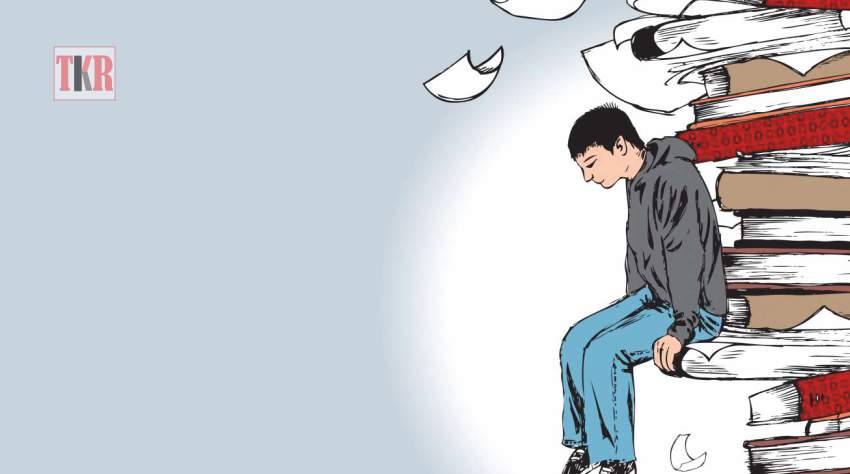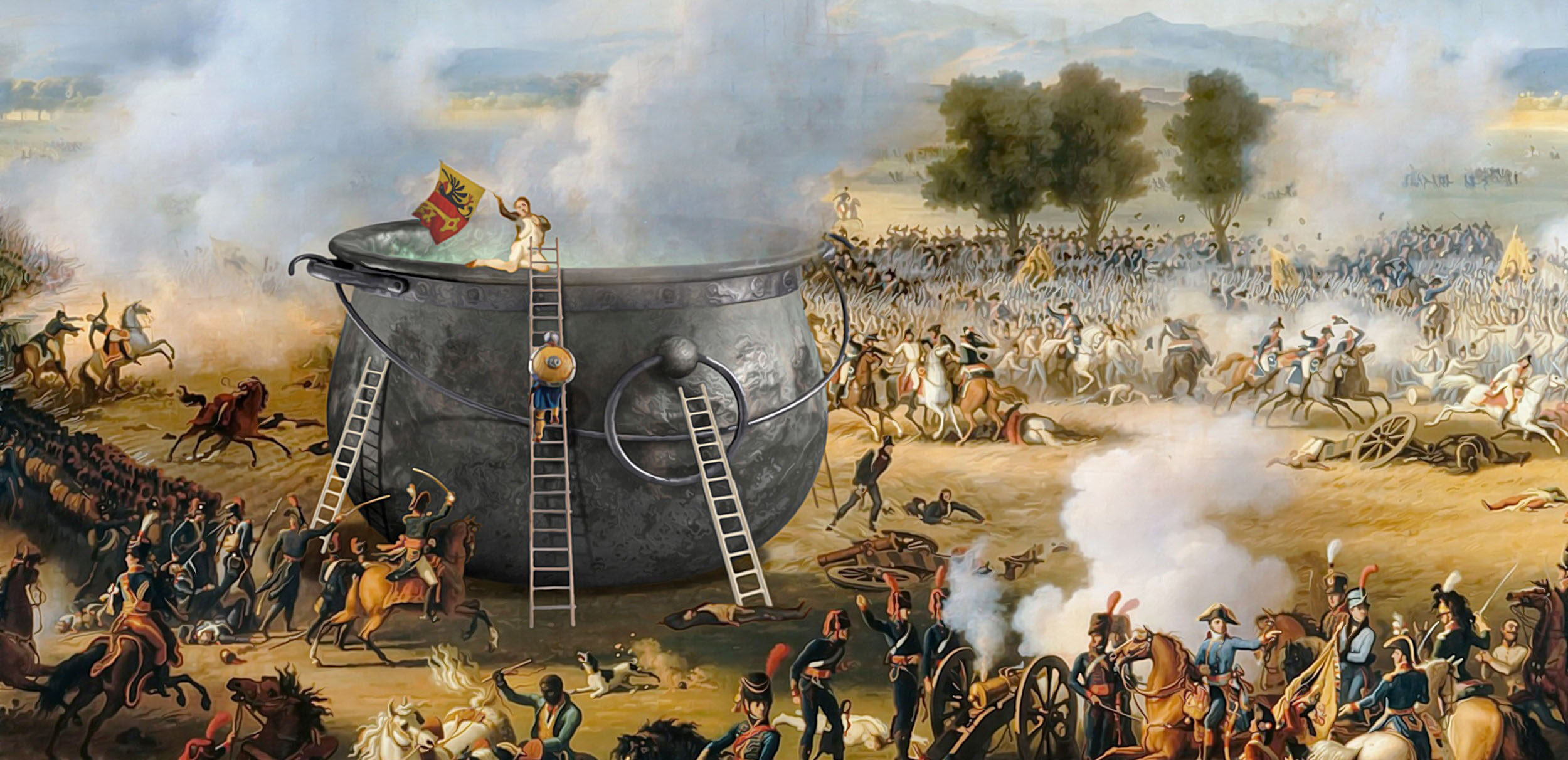By Alexia Franco Hibner, year 12
Struggling to manage the workload for end-of-year exams?
Are you worried about your upcoming exams in June? Well, we are here to help you with sincere advice from several year 12 students. We know that this is a challenging period, primarily for year 9 students who will be sitting their first “real” exams and for year 12s, whose results will be crucial for their university applications.
First of all, after having discussed with a few year 12s, we concluded that organization is a key aspect in succeeding on your end-of-year exams. Even if you think your exams are far away, it’s never too early to begin planning your study days!
Here are a few pieces of advice relating to organization:
“Make a detailed plan with what you intend to study each day, and most importantly, remember to sleep well the night before the exams” – Justus
“Be very organized, have all the papers that you need to study for exams and do not lose the papers that teachers give you during the year” – Maria
“Set deadlines for yourself, for example, by Tuesday be done with Chemistry topic 1”. – Maria
All of these are crucial pieces of information. Coming from a student who is very organized, I urge you to keep all the papers given to you during the year. During the IB, many teachers give you handouts – which are complementary to the textbooks used in class – and therefore, if you lose these, you may lack important information. In addition, setting an exam schedule does not mean that you have to follow it intensely every day, but it is more as a guide to enable you to balance your school work.
Furthermore, another important piece of advice to manage exams is the methods of studying:
“Make revisions sheets of all the topics you learn throughout the year and then for exams, reduce them into the main, core things that you have to know” – Sara
“Work with classmates to make revision sheets” – Ceci
“Go over your tests to see if your are able to do every question on them” – Camille
My advice is to look into different studying techniques. Some like active recall, whilst others prefer the Pomodoro method. The Pomodoro approach is amazing as it allows me to work and feel productive whilst also giving some time to breathe.
For Year 11s, as you are going into the IB, here are a few pieces of advice:
“These exams are a way for you to realize what subjects you want to take next year, so think about that, if you don’t like studying for a particular subject, don’t take it next year” – Sara
“Being completely honest, if you are finding the workload for a subject extremely daunting in year 11, my advice would be to re-think this option for next year as the amount of content is a lot bigger in year 12”
“Another thing I would have done is spend less time on subjects where your grades are relatively stable, and spend more time on subjects where you think the exams will boost your final end-of-year grade. For some subjects, I spent so much time even though I knew that getting a point less than my average would not necessarily be extremely impactful on my final end-of-year grade.”
For IB students particularly, here are a few pieces of advice:
“Use past papers, especially for Math” – Alejandro
“Watch videos for Biology, they are very helpful” – Alejandro
Although you may be wondering how to find time for yourself, everything is possible. One of the most important pieces of advice I received was:
“Go for walks, spend time with you family and play card games with your family”
Overall, despite the importance of these exams, you should not become obsessed with a grade. Your abilities are not determined by your grade. After having discussed with numerous year 12s, several stated that:
“If you do bad, you are not set for failure, you are here to learn and improve”.
Good luck everyone!



